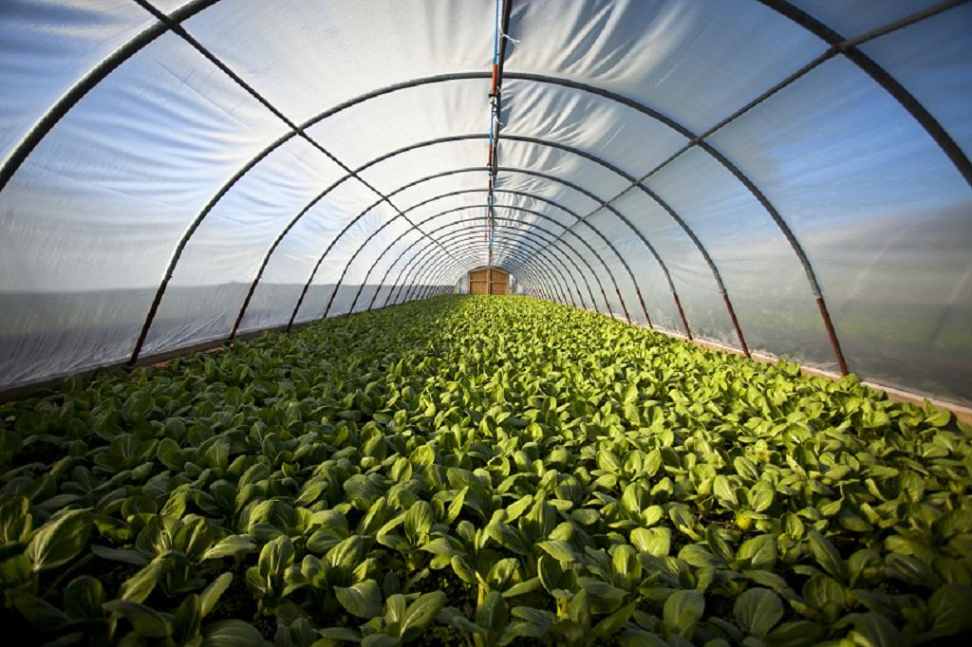Alphaexch247, Kabook Login, VL Book: Advancements in bioengineering have revolutionized the field of medicine by offering innovative solutions to complex health challenges. Through the development of biocompatible materials and cutting-edge technologies, researchers are now able to create personalized medical devices and implants that seamlessly integrate with the human body. These breakthroughs have transformed the way diseases are diagnosed, monitored, and treated, leading to improved patient outcomes and quality of life.
Moreover, bioengineers have successfully engineered tissues and organs that can be used for transplantation, reducing the reliance on traditional donor sources. The ability to grow functional tissues in the lab opens up new possibilities for regenerative medicine, allowing damaged organs to be replaced with bioengineered alternatives. Additionally, bioengineering has played a crucial role in the development of targeted drug delivery systems, enabling more precise and effective treatment of various medical conditions.
Innovations in Tissue Engineering
Tissue engineering has revolutionized the field of regenerative medicine by offering innovative solutions for repairing and replacing damaged tissues and organs. Through the combination of biocompatible scaffolds, growth factors, and cells, researchers have been able to create artificial tissues that mimic the structure and function of natural tissues. This has opened up new possibilities for treating conditions such as organ failure, traumatic injuries, and degenerative diseases.
One of the key advancements in tissue engineering is the development of 3D bioprinting technology, which enables the precise placement of cells and biomaterials to construct complex tissue structures layer by layer. This cutting-edge technique allows for the customization of tissues based on the patient’s specific needs, leading to more effective treatment outcomes and reducing the risk of rejection. Additionally, the use of bioactive materials and advanced imaging technologies has further improved the integration and functionality of engineered tissues within the body.
� 3D bioprinting technology allows for precise placement of cells and biomaterials
� Customization of tissues based on patient’s specific needs
� More effective treatment outcomes and reduced risk of rejection
� Use of bioactive materials and advanced imaging technologies improves integration and functionality within the body
The Role of Synthetic Biology in Sustainable Agriculture
Tigerexch247, GX247, Mglionbet: Synthetic biology is revolutionizing the field of agriculture by offering innovative solutions to enhance crop yield and sustainability. By manipulating genetic material, researchers can engineer plants to be more resistant to pests, diseases, and environmental stressors. This technology allows for the development of crops that require fewer chemical inputs, leading to a more environmentally friendly and cost-effective agricultural system.
Furthermore, synthetic biology enables the production of biofuels and biodegradable plastics from agricultural waste products. This creates a circular economy where resources are efficiently utilized and waste is minimized. By harnessing the power of biological systems, synthetic biology has the potential to transform agriculture into a more sustainable and productive industry that can meet the growing demands of a rapidly expanding global population.
What is synthetic biology?
Synthetic biology is a field of science that combines biology and engineering to design and construct new biological parts, devices, and systems.
How does synthetic biology impact sustainable agriculture?
Synthetic biology plays a crucial role in sustainable agriculture by creating genetically modified organisms (GMOs) that are more resilient to pests and diseases, require less water and fertilizer, and produce higher yields.
Can synthetic biology be used to address food security issues?
Yes, synthetic biology can help address food security issues by developing crops that are more nutritious, resilient to climate change, and can thrive in harsh conditions.
Are there any ethical concerns regarding the use of synthetic biology in agriculture?
Some ethical concerns surrounding synthetic biology in agriculture include potential environmental impacts, biodiversity loss, and the long-term effects of GMOs on ecosystems.
What are some examples of synthetic biology applications in sustainable agriculture?
Examples of synthetic biology applications in sustainable agriculture include developing drought-resistant crops, enhancing nutrient uptake efficiency in plants, and creating biopesticides to reduce chemical usage.
How can policymakers support the integration of synthetic biology in agriculture?
Policymakers can support the integration of synthetic biology in agriculture by creating regulations that ensure safety, transparency, and ethical standards are met, while also providing funding for research and development in the field.
Have A Look :-
- What Time Does The NFL Draft Start?
- Best Paying Jobs In Consumer Durables
- What’s Been Your Experience Using Costco Travel To Book A Vacation?

